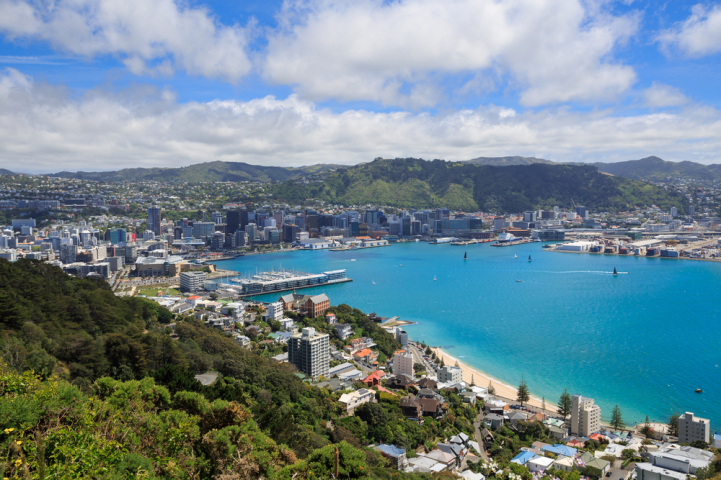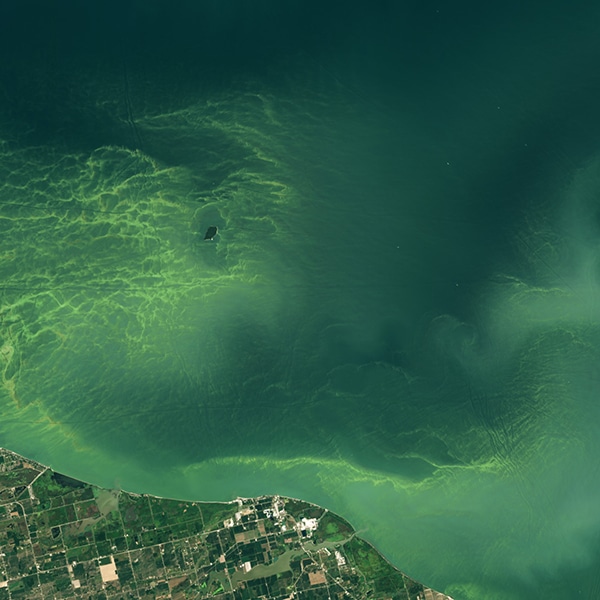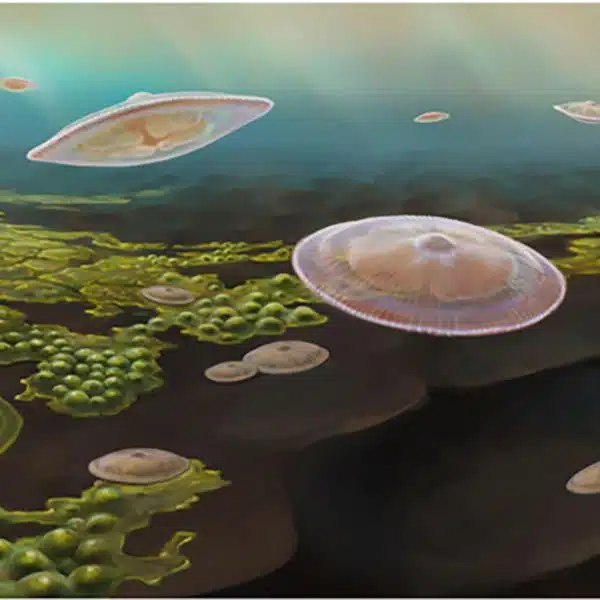
For many people, the crashing ocean waves are a way to unwind and more importantly, relieve stress. Being on the water makes you feel good, and it’s now backed by science. According to a report published by the journal Health & Place, living near a shoreline is good for your well being—even if you live in a bustling urban environment.
The authors of article were specifically interested in studying how water (blue space) affects those in cities—does it actually reduce stress? To find the answer, they focused their research on Wellington, New Zealand, a city with nearly half a million residents. They pulled topographic information from national databases and mapped forested areas, parks, and coastlines that are visible to people. Then, they looked to a 2011/2012 survey that questioned health, lifestyle, and other factors of the Wellington citizens. Afterwards, they combined the two sets of data.
“Increased views of blue space is significantly associated with lower levels of psychological distress,” Amber L. Pearson, one of the report’s authors, concluded in a press release. “However, we did not find that with green space.” These finding were regardless of sex, wealth, age, and other neighborhood factors such as crime.
Before you plan on moving to open water, however, unrefined green space could be just as beneficial. “It could be because the blue space was all natural, while the green space included human-made areas, such as sports fields and playgrounds, as well as natural areas such as native forests,” Pearson explained. “Perhaps if we only looked at native forests we might find something different.”
Above photo credit: Anna Omelchenko / Shutterstock

Photo credit: Avesun / Shutterstock

Wellington, New Zealand, the city cited in the study.
Photo credit: DestinationsInNewZealand / Shutterstock
via [Mental Floss]






















































































